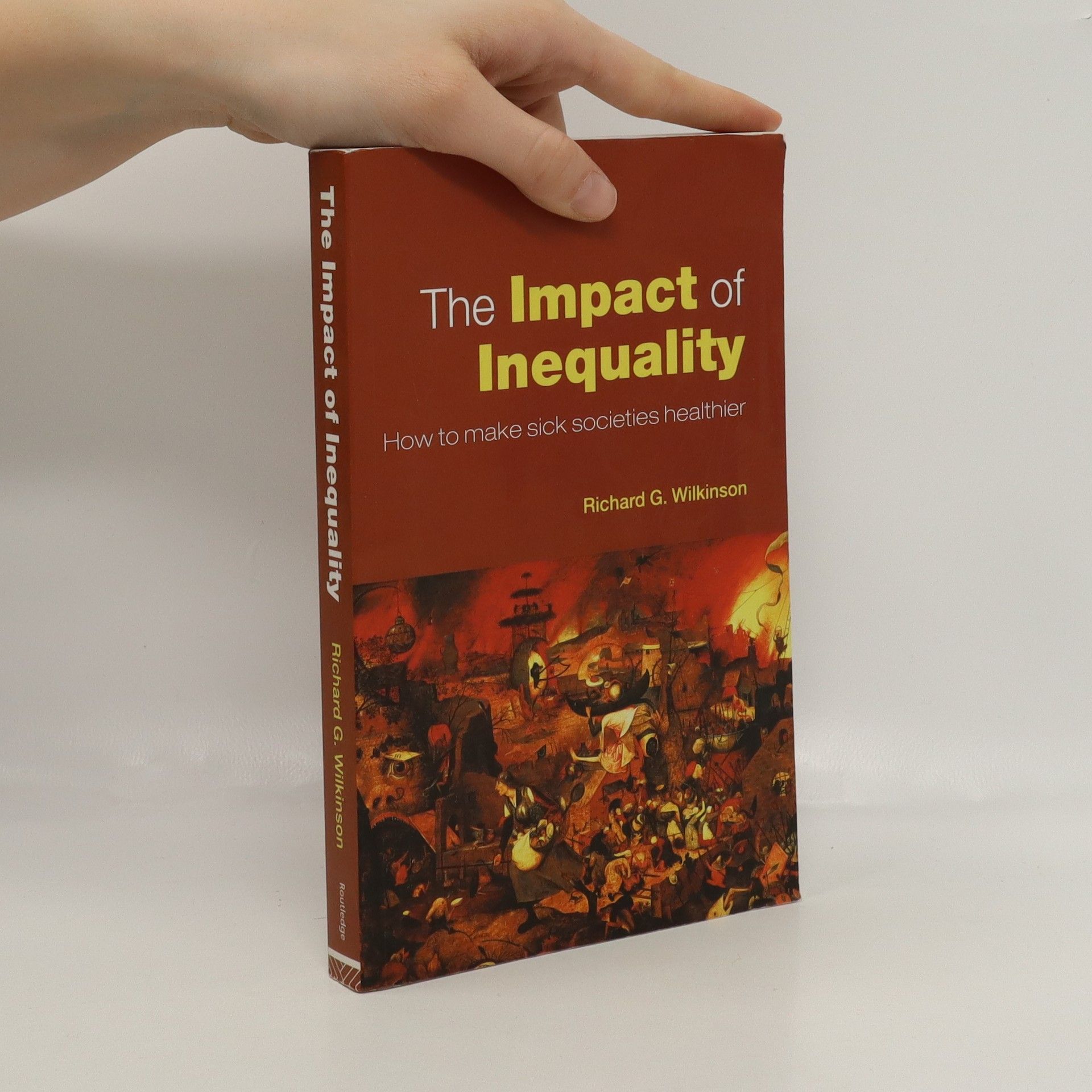Unhealthy Societies
- 268pagine
- 10 ore di lettura
Among the developed countries it is not the richest societies which have the best health, but those which have the smallest income differences between rich and poor. Inequality and relative poverty have absolute effects: they increase death rates. But why? How can smaller income differences raise average life expectancy?Using examples from the USA, Britain, Japan and Eastern Europe, and bringing together evidence from the social and medical sciences, Unhealthy Socities provides the explanation. Healthy, egalitarian societies are more socially cohesive. They have a stronger community life and suffer fewer of the corrosive effects of inequality. As well as inequality weakening the social fabric, damaging health and increasing crime rates, Unhealthy Societies shows that social cohesion is crucial to the quality of life.The contrast between the material success and social failure of modern societies marks an imbalance which needs attention. The relationship between health and equality suggests that important social needs will go unmet without a larger measure of social and distributive justice. This path-breaking book is essential reading for health psychologists, sociologists, welfare economists, social policy analysts and all those concerned with the future of developed societies.




